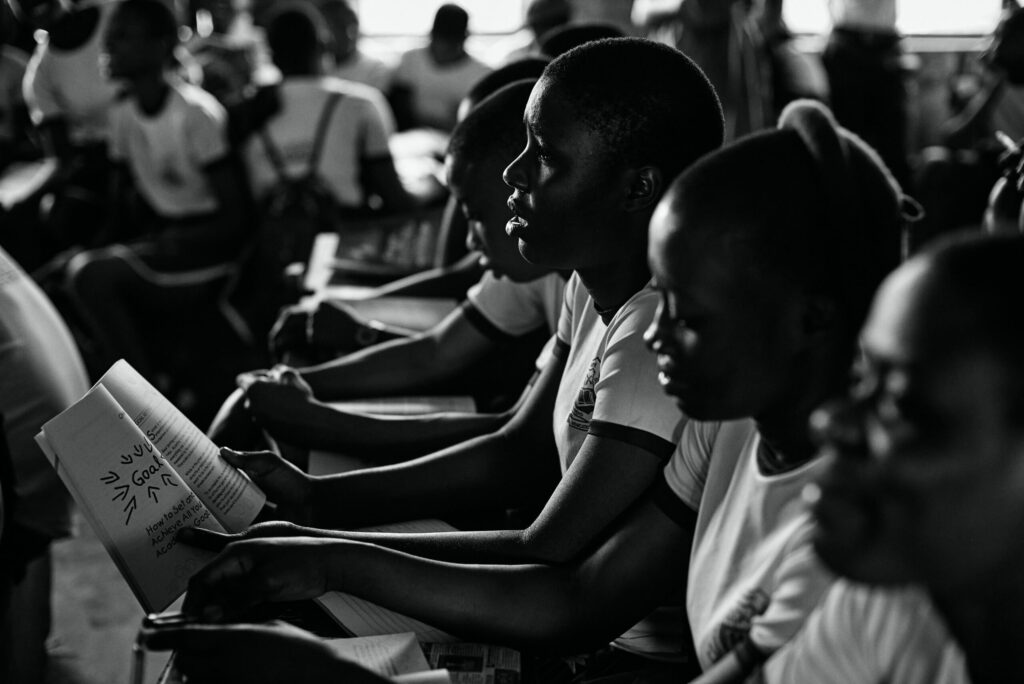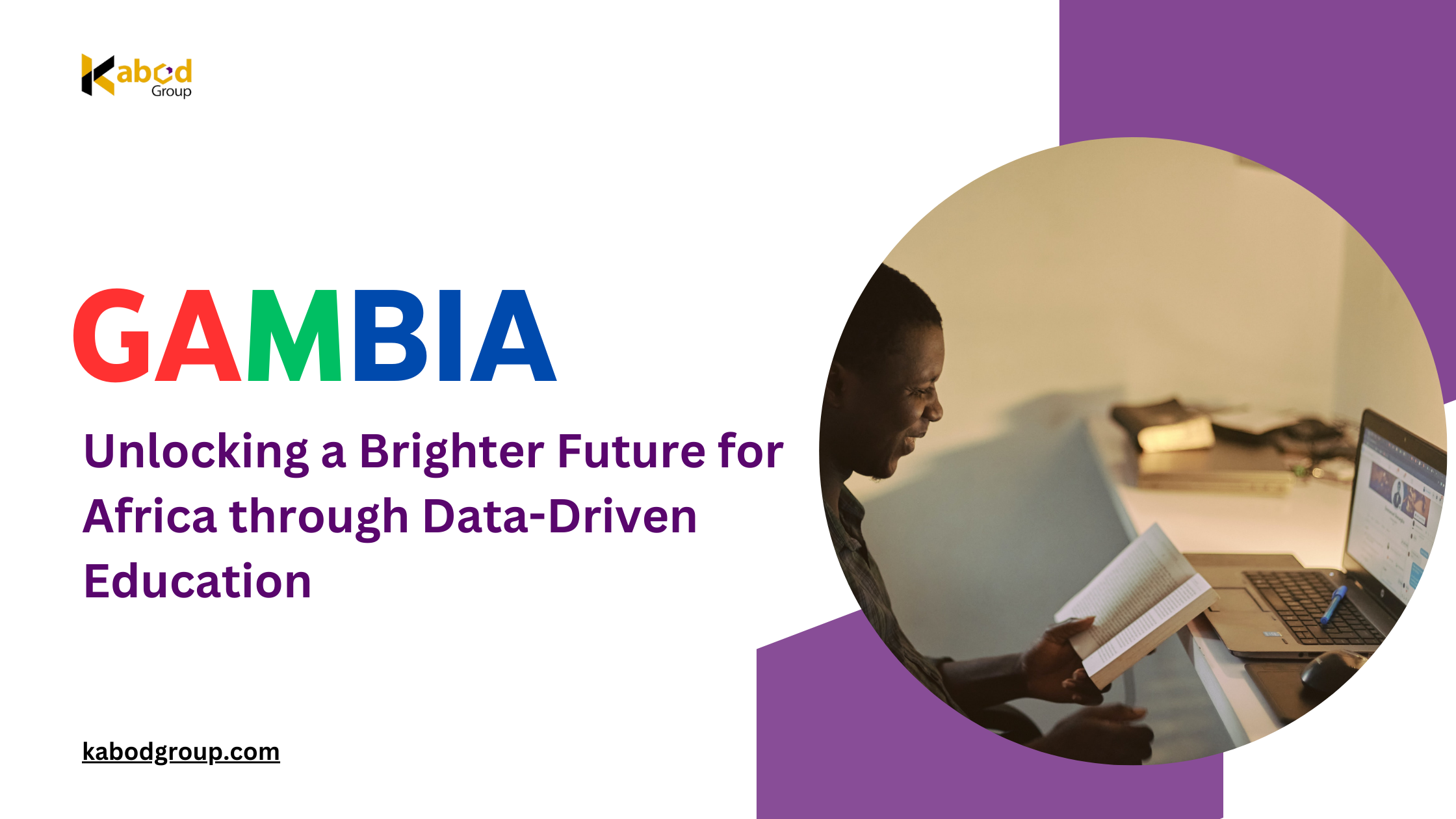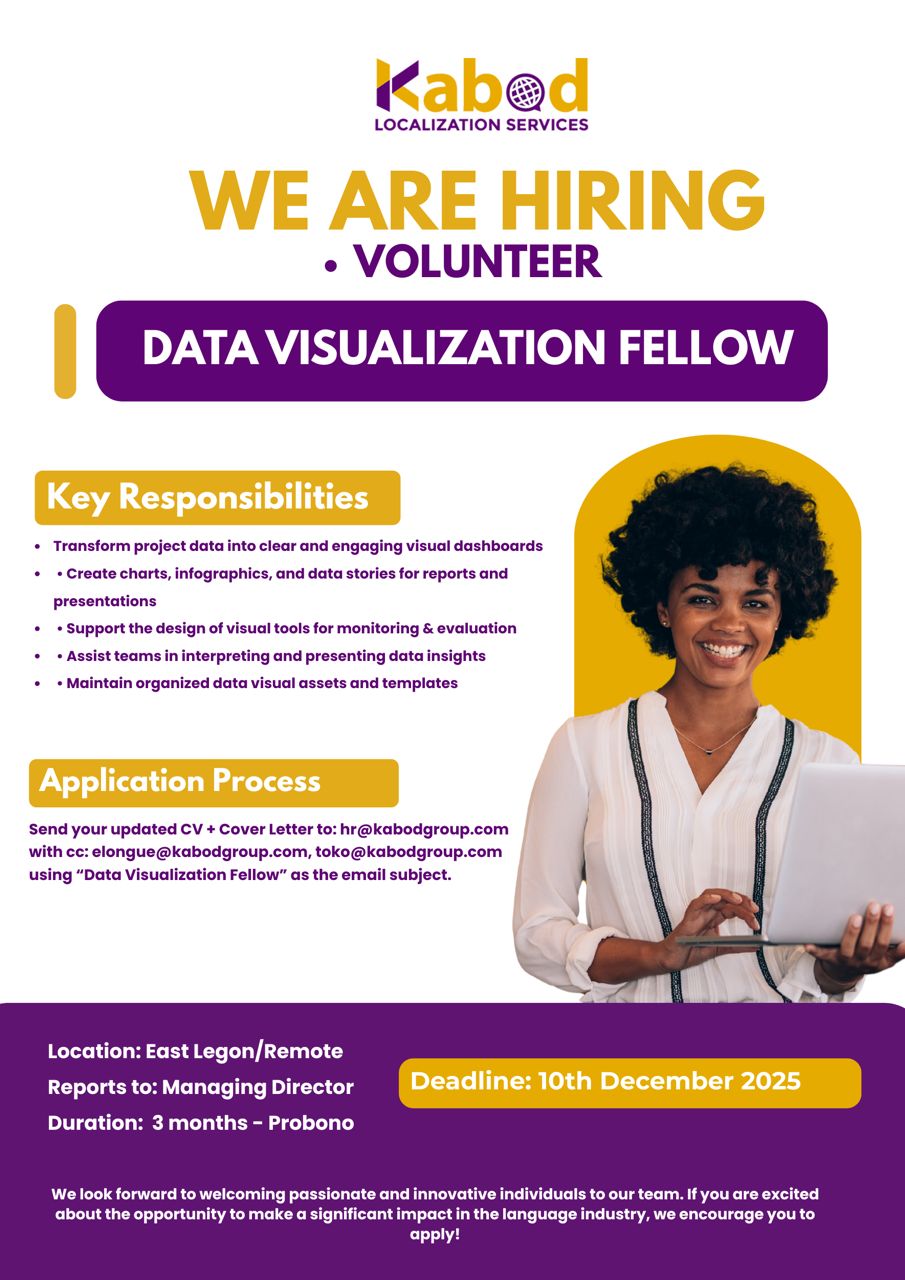Introduction
In the heart of Africa, a beacon of hope shines brightly, illuminating the path towards a brighter future for its children – education.
As the continent strives to harness the full potential of its schools and students, a powerful ally emerges on the horizon – the United Nations’ Sustainable Development Goal 4 (SDG 4) – to ensure inclusive and equitable education for all by 2030.
However, amidst this noble pursuit, a harsh reality casts a shadow – more than 85% of children in sub-Saharan Africa are not learning the minimum required. Addressing this monumental challenge demands a transformative approach, one that harnesses the true power of data as a catalyst for change.
In recent years, the tides of progress have brought forth a remarkable change – data access and quality have significantly improved, with education systems worldwide collecting vast amounts of information from schools and districts.
Yet, the true essence of data lies not in its mere accumulation but in its transformative potential, capable of propelling progress and achieving SDG 4. As we embark on this ambitious journey, data emerges as the beacon, illuminating the path towards educational excellence, and guiding us to the goals achieved and those yet to be conquered.

School Report Cards (SRCs): Empowering Communities, Igniting Change
Amidst this landscape of progress and promise, an innovation beckons with unparalleled potential – School Report Cards (SRCs). At their core, SRCs are not just data repositories but revolutionary tools for community participation in student learning.
Central to this data-driven revolution lies the empowerment of parents and local communities, inviting them to actively shape the educational landscape of their children.
SRCs become the bridge between schools and communities, offering invaluable information that sparks change, ignites dialogue, and inspires action, ultimately fostering inclusive and equitable education.
The significance of SRCs cannot be overstated; they have been proven to unlock the doors of opportunity, leading to improved access, enrollment, and learning outcomes.
It is a transformation that transcends borders, resonating with nations across Africa, where far too many parents and communities have long remained uninformed spectators in the quest for better education.
However, as the sun sets on the era of uninformed passivity, a new dawn rises – the era of transformative community engagement, fueled by the potential of SRCs.

The Gambian Success Story: A Testament to the Power of Data-Driven Change
At the core of this transformative journey, the Gambia stands as a shining example of the impact of data-driven decision-making. Recognizing the undeniable influence of community involvement in shaping school environments, the Gambia embarked on a mission to empower parents and communities through SRCs.
As the SRC system unfolded, it bestowed upon schools and communities the gift of knowledge – actionable insights into school performance, resource allocation, and student outcomes. With data as their guiding compass, schools in The Gambia united in their quest for excellence, weaving a tapestry of collaboration and shared responsibility.
SRCs became more than just reports; they became catalysts for change, empowering parents and communities to demand better quality education for their children. Armed with data, they became advocates for progress, heralding a new era of transformative education.
Conclusion: Empowering Africa’s Educational Landscape
The Gambia experience has illuminated the transformative power of data-driven decision-making. As countries across Africa strive to strengthen their education systems, the significance of data cannot be underestimated. By cultivating a culture of data use and investing in data literacy, African schools can unleash the true potential of their students and pave the way for a brighter future.

Together, let us embrace data as the cornerstone of progress, as we build a foundation for educational empowerment that will resonate through generations to come.
The journey towards educational excellence in Africa is guided by the power of data – a force that will shape a promising future for our children and our continent.
As we chart a course towards achieving SDG 4 and beyond, let us unite in the pursuit of a transformative education landscape, where data empowers schools and communities for a brighter Africa for generations to come.
This blog is an output from a field note that Kabod realized for the Education Development Centre (EDC). You can read the full report here.
Written by Prince Teye-Gaga





